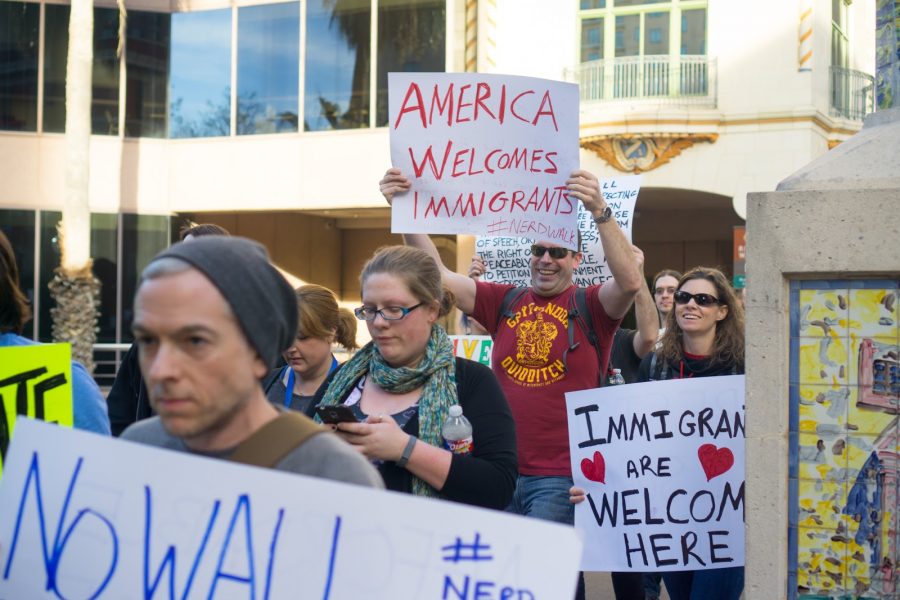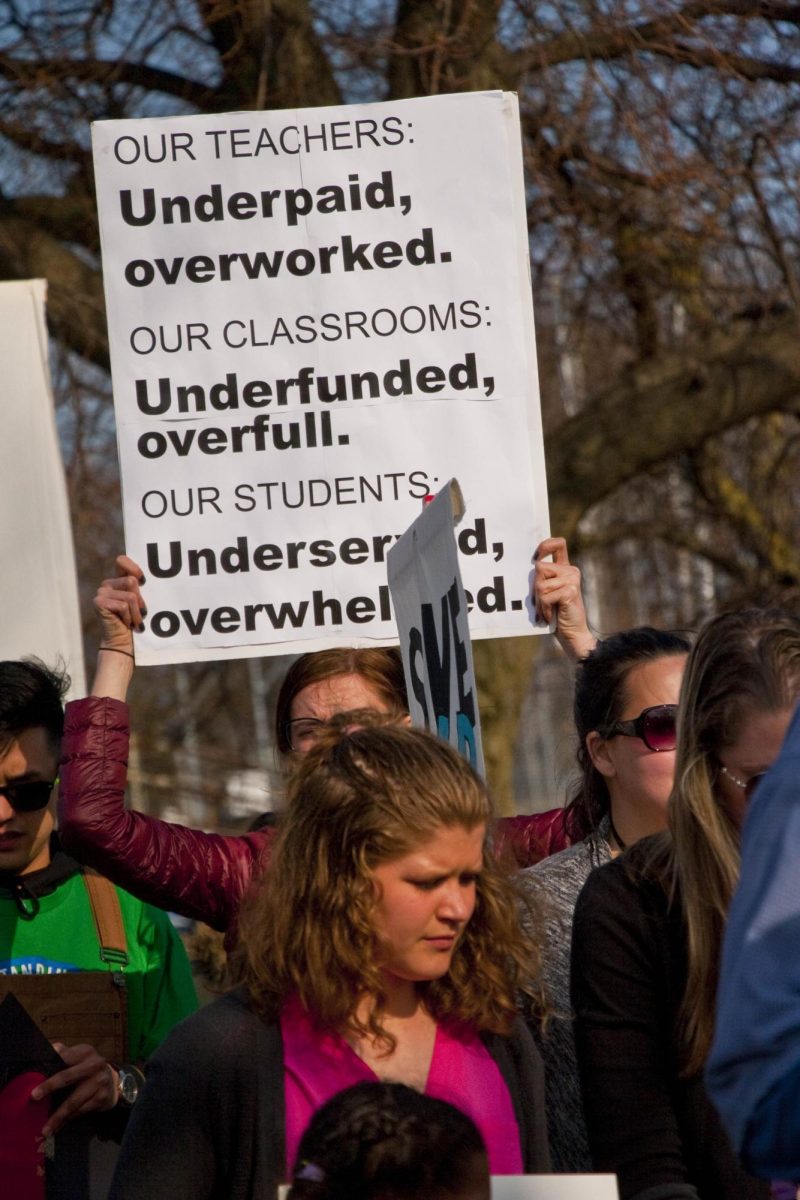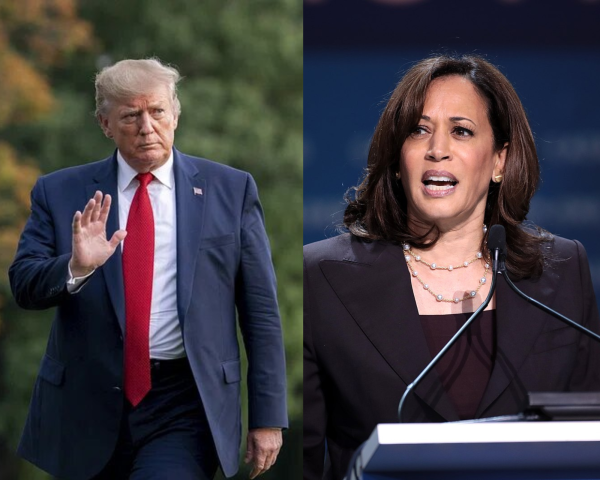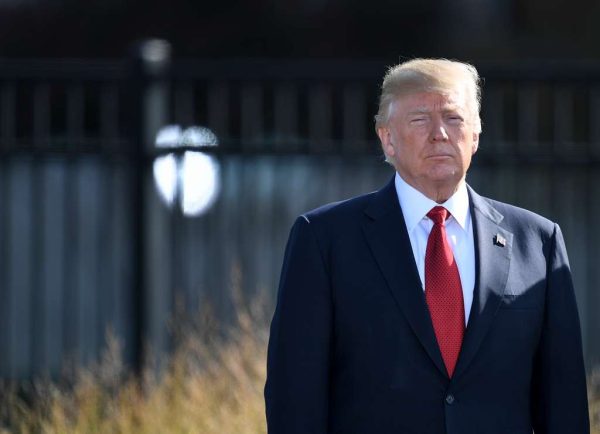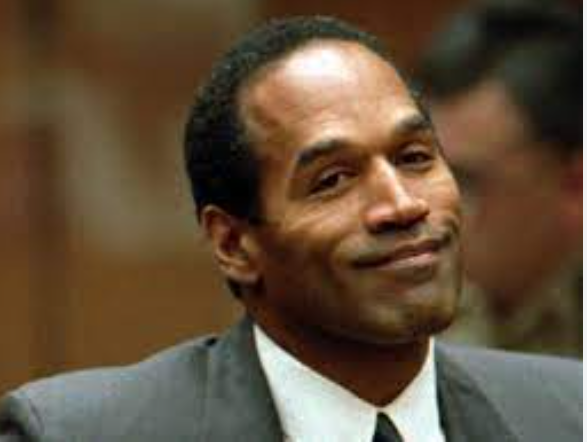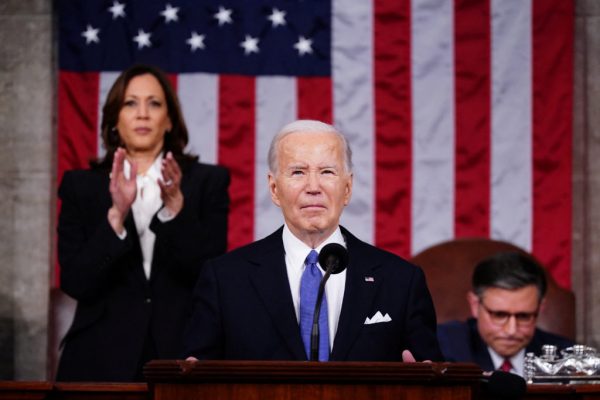Political Junkie
The ban on the ban
Following President Trump’s travel bans, hundreds of people across America protested. His new executive order, which was set to go into effect March 16, was blocked just hours before by a federal court in Hawaii.
March 19, 2017
Back in January, President Donald Trump signed an executive order banning travel to and from seven different Muslim-majority countries. The ban caused mass hysteria in airports all across America as travelers coming in from countries, such as Iraq, were detained. The ban was eventually blocked by federal courts, but six weeks later Trump signed a new travel ban (this time banning travel from only six countries, excluding Iraq which was present on the previous).
This new executive order changed some of the wording from the previous, which seemed to prioritize Christians fleeing from war-torn countries over Muslims. Both bans have supposedly been because these specific countries will not provide information essential to vetting travelers properly, and thus do not let the U.S. filter out potential terrorists. These countries include Somalia, Iran, Libya, Sudan, and Yemen, and will block their citizens from obtaining visas for the next 90 days. On top of this, it would also prevent refugees from coming in for 120 days. Trump signed the order on March 6, and it was set to go into effect on Thursday, March 16. However, things did not go according to Trump’s plan.
Late Wednesday, hours before the ban was to go into effect, a federal court in Hawaii stopped it in its tracks. The next morning, a judge in Maryland did the same. Both made their decisions on the grounds that the ban was unconstitutional, and the Department of Justice has claimed they will defend them on this. The decision was based off of previous statements made by Trump himself where he stated he wanted to stop all Muslims from coming into the country, making the intent behind the order discriminatory, rather than just in the interests of national security.
Trump has predictably reacted with anger, claiming that the ruling oversteps the courts’ bounds. He rejected the idea that the ban was rooted in discrimination, and again claimed that it was for the security of the nation. His lawyers have already filed an appeal, and the president has vowed to take the case all the way to the Supreme Court if he has to.


